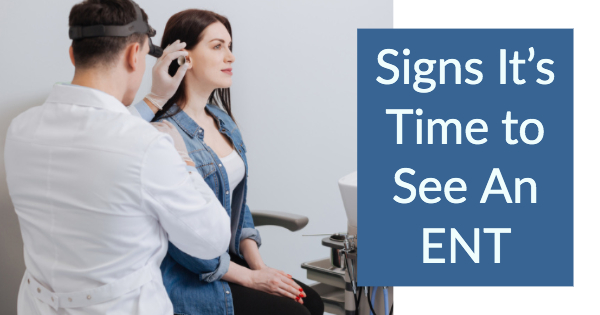What is an ENT? An ENT, or ear, nose and throat specialist, is a doctor who specializes in otolaryngology, a medical field that addresses issues affecting ear, nose and throat. The easiest place to find an ENT is at your local allergy clinic.
What does an ENT do?
ENT specialists typically treat common conditions including allergies, ear infection, sleep apnea and TMJ discomfort. They also provide care for ear ailments such as balance disorders, tinnitus, swimmer’s ear, hearing impairment and ear injuries. As for the nose region, an ear nose throat doctor will address chronic nose bleeds, deviated septums, breathing problems, congestion and sinus conditions. They also routinely treat tonsil infections, voice problems, difficulty with swallowing, adenoid infection, asthma and hoarseness. More specialized ENT doctors may treat head and neck cancers, neurotology, thyroid problems, craniofacial surgery, and pediatric airway conditions.
When should I go to an ENT?
Hoarseness can come along with a common cold or bronchitis, or simply an evening of too much karaoke. However, if you experience bothersome hoarseness for six weeks or more, consider seeking out an ENT at your allergy clinic as this may be a sign of a more serious medical issue, such as vocal cord lesions, cancer of the larynx, or gastroesophageal reflux (GERD).
Recurring conditions may also call for a trip to see an ENT specialist. Tonsillitis can affect adults as well as children and is fairly common. But if you find that you have recurring tonsillitis or severe sore throat, you may need to have your tonsils removed. Should you experience difficulty with swallowing saliva and breathing, and have pain and a raised temperature, you’ll want to seek out an ENT to receive a proper diagnosis and review your treatment options.
In addition, noticing hearing loss may require seeing an ENT. While a minor degree of hearing loss can be a normal sign of advancing age, it also may come along with recurring ear infections or come on suddenly, potentially signaling a more severe illness. Your ENT will diagnose the correct condition and detect underlying causes of sudden hearing loss. These may include circulatory inner ear problems such as Meniere’s disease.


